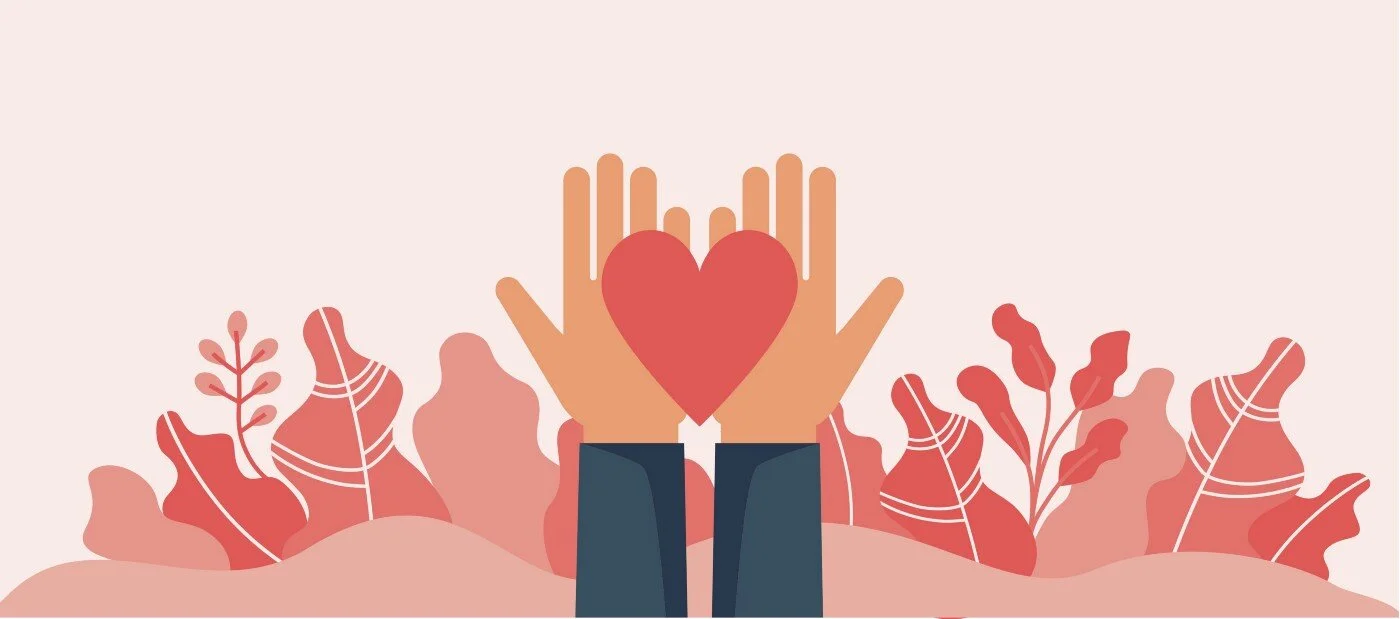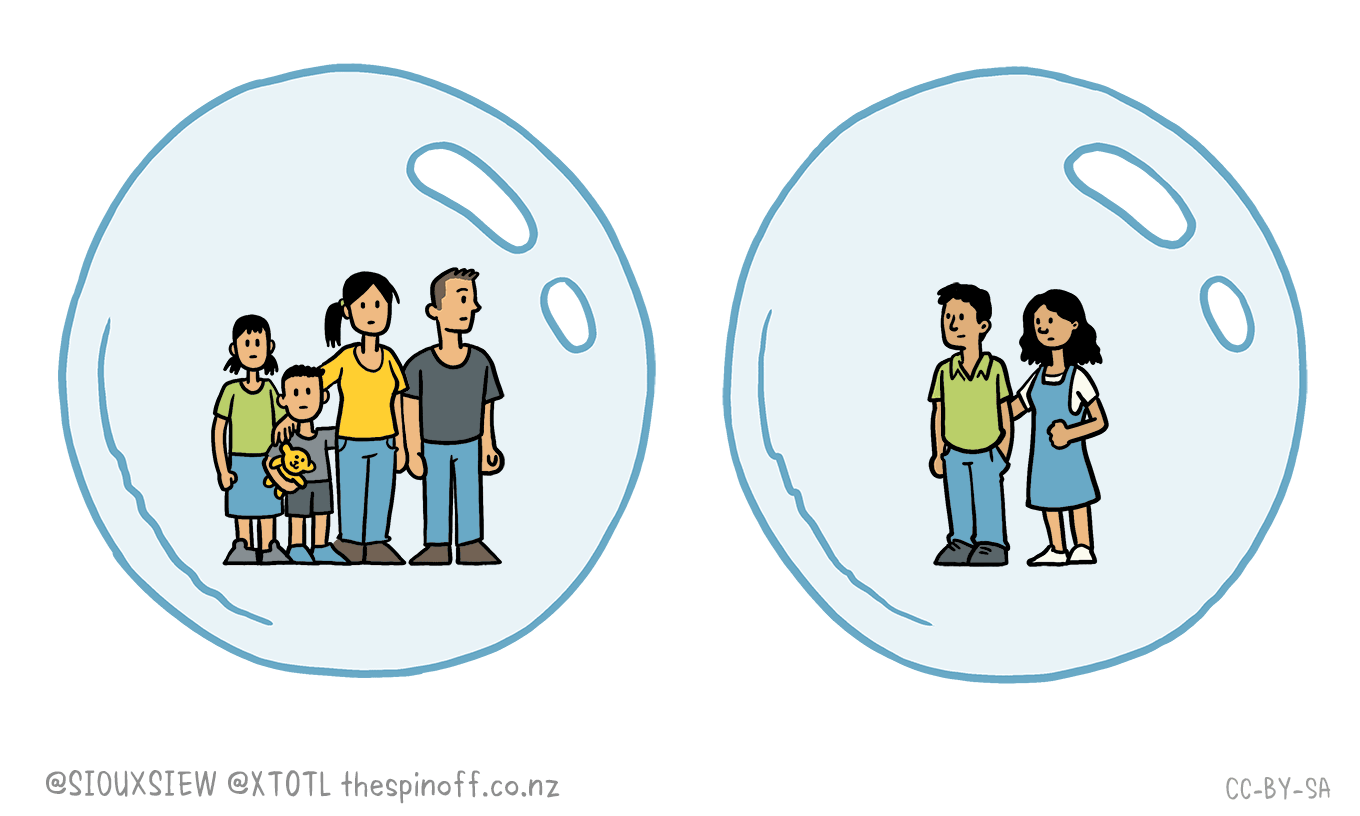In partnership with the National Foundation for Australian Women (@NFAWomen), we are running a series of pieces that analyse how the Covid-19 pandemic is differentially impacting on women. In today’s piece, Marie Coleman[1] (@MarieCo92176893) examines the situation surrounding early childhood education and child care, and considerations for families, governments, providers/services coming out of the pandemic.
Read MoreIn today’s post, Matt Cowgill and Brendan Coates from the Grattan Institute explain why Labour Force data released by the Australian Bureau of Statistics on 14 May 2020 doesn’t capture the full impact of COVID-19 on jobs. This post is republished from the Grattan blog.
Read MoreThe Royal Commission into Family Violence identified economic abuse as a mostly hidden but highly prevalent method for exerting power and control. In response, the Economic Abuse Reference Group (EARG) was established to ensure that a holistic response to economic abuse is embedded across government, industry and essential services. In today’s post, Dr Madeleine Ulbrick (@MaddyUlbrick) of Good Shepherd Australia New Zealand and Carolyn Bond AO (@carolynLBond) of EARG share highlights from their recently-released report, Responding to Financial Abuse.
Read MoreOne in ten Australians provide care for a loved one, sustaining families and saving governments huge sums on care services. Associate Professor Myra Hamilton explains why COVID-19 has increased the pressure for Australia’s many unpaid carers and the impact this is having.
Read MoreHistorically, epidemics have brought a double threat: first to Indigenous health, then to Indigenous self-determination. Here Aileen Marwung Walsh and Laura Rademaker explain why Indigenous self-determination is vital to beat COVID-19.
Read MoreIn partnership with the National Foundation for Australian Women (@NFAWomen), we are running a series of pieces that analyse how the Covid-19 pandemic is differentially impacting on women. In today’s analysis Kathy McDermott of NFAW provides the first in a three-part series that looks at women and employment. Today’s piece examines the undervaluing of female-dominated industries.
Read MoreIn partnership with the National Foundation for Australian Women (@NFAWomen), we are running a series of pieces that analyse how the Covid-19 pandemic is differentially impacting on women. In today’s analysis Kathy McDermott of NFAW provides the second in a three-part series that looks at women and employment. Today’s piece examines changes in legislation that are curtailing worker’s rights.
Read MoreIn partnership with the National Foundation for Australian Women (@NFAWomen), we are running a series of pieces that analyse how the Covid-19 pandemic is differentially impacting on women. In today’s analysis Kathy MacDermott of NFAW provides the first in a three-part series that looks at women and employment. Today’s piece examines the JobKeeper payment.
Read MoreAt the time of writing the Australian Government’s COVIDsafe app has been downloaded more than two million times. In this repost from The Conversation, Dr. Mahmoud Elkhodr from Central Queensland University tells us how the app works, how its delivering on privacy concerns and some of the issues that have arisen.
Read MoreAcross Australia, most families are sheltering at home. In today’s analysis, Elizabeth Hill (@ElizabethHill00), of University of Sydney (@SydneyUni) and the Australian Work and Family Policy Roundtable, explains how that is differentially impacting women and how this moment in time can strengthen our social norms and economy going forward.
Read MoreIn partnership with the National Foundation for Australian Women (@NFAWomen), we are running a series of pieces that analyse how the Covid-19 pandemic is differentially impacting on women. In today’s analysis Helen Hodgson, of Curtin University (@CurtinUni), provides a helpful explainer of changes to early access to superannuation and the differential impacts on women who choose to access these funds.
Read MoreGeorgia Lee (a pseudonym), academic and activist, explains how kindness and solidarity are intrinsically linked - and can be the key for a new kind of politics - drawing on the refugees in onshore and offshore detention and the COVID-19 response as examples
Read MoreThe Covid-19 virus has exposed the weaknesses in every social and economic system it has touched. In today’s analysis, Leonora Risse (@Leonora_Risse) of RMIT (@RMIT) and the Women and Public Policy Program at Kennedy School (@wapppHKS) provides a 2-part analysis of what’s going wrong for women right now and how it could be addressed. Today’s Part 2 provides thoughts on how work inequalities that have been exposed by the pandemic can be addressed. You can read Part 1, which provides an overview of how women are differentially impacted by their employment and unpaid work, here.
Read MoreThe Covid-19 virus has exposed the weaknesses in every social and economic system it has touched. In today’s analysis, Leonora Risse (@Leonora_Risse) of RMIT (@RMIT) and the Women and Public Policy Program at Kennedy School (@wapppHKS) provides a 2-part analysis of what’s going wrong for women right now and how it could be addressed. Today’s Part 1 provides an overview of how women are differentially impacted by their employment and unpaid work. Tomorrow Part 2 will provide thoughts on how these inequalities can be addressed.
Read MoreHuman psychology plays a key role in how we respond to pandemics.
Victoria University of Wellington’s Dougal Sutherland unpacks the factors that determine our behaviour during lockdown.
Read MoreWhile the use of digital platforms has kept us socially connected during times of physical isolation, there are concerns that online safety measures are not enough to deal with potential surges in harassment and abuse, including cyber violence against women.
Auckland University of Technology’s Cassandra Mudgway and Kate Jones are calling for governments to establish an international charter on digital human rights to protect digital citizens from online harassment and abuse.
Read More




















